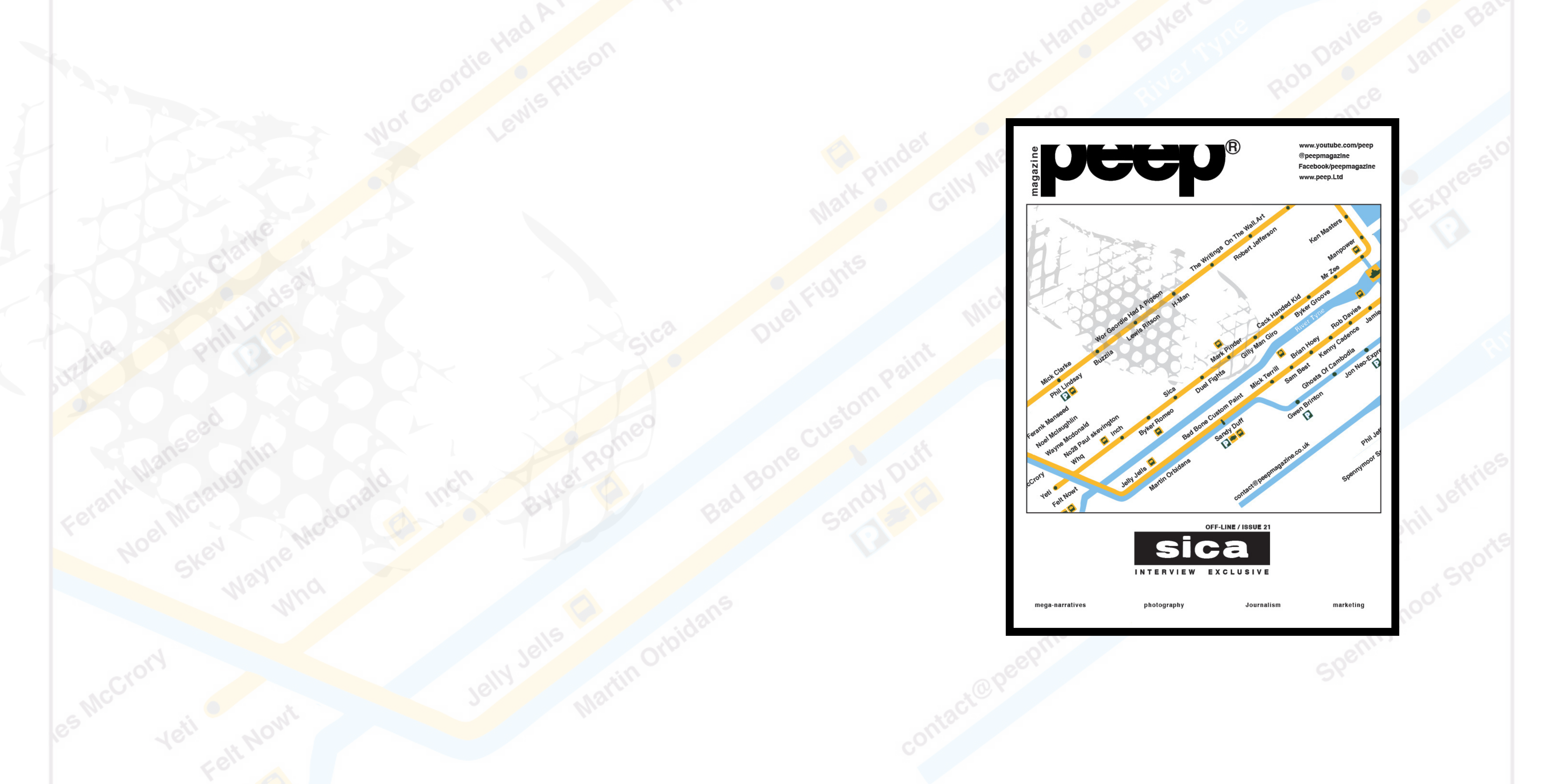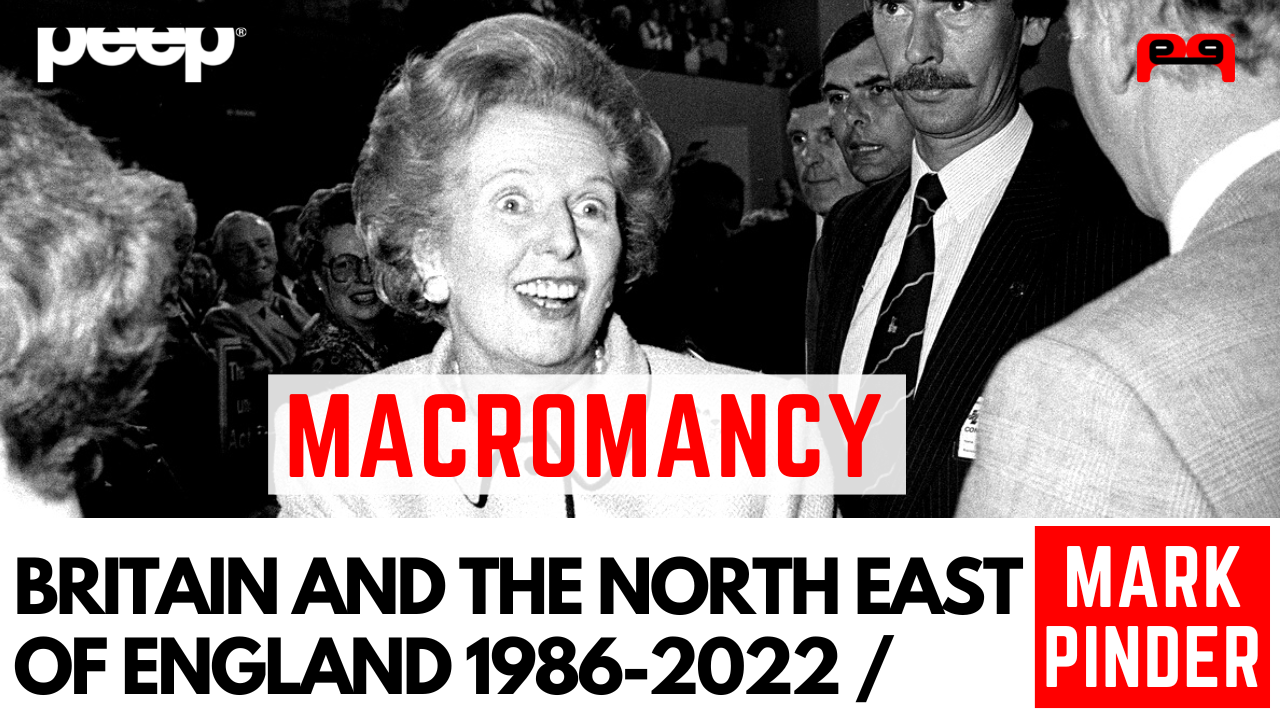Mark Pinder Photographer discusses book – Macromancy. Britain and The North East Of England at Northern Gallery for Contemporary Art in Sunderland
peep talk to Documentary photographer Mark Pinder. Mark Pinder studied documentary photography at Newport college under the guidance of magnum photographer – David Hearn. Renowned documentary photography Paul Reas also attended the Newport college and worked as a technician within the building. Mark, describes Paul as being a friend and remembers chatting about photography on several occasions.
After graduating the HND course Mark Pinder returned to Newcastle upon Tyne. Mark, started work as a documentary photographer. The magazines included – trade Unions, Social Issue Magazine, Health Service Journals, Government Chronicle and Inside Housing. Having already spent time in London, Mark was reluctant to move back there and decided to stay.
Enterprise Allowance Scheme
peep asked Mark Pinder why he ended up residing in one of the worst deprived areas of North East England – Scotswood west End of Newcastle. Mark simply explains – “for money”.
Mark Pinder spent an initial six months on the ‘Dole’. He needed unemployment benefit to qualify for the Enterprise Allowance Scheme. The scheme promoted young entrepreneurs to start their own business with an initial self funded £1,000 of your own money. The Tori Government scheme offered participants £40.00 per week income for one year.
Mark Pinder explained that living in Scotswood Robert Street, did not seem that bad or different to most deprived areas around the country.
peep took the opportunity to explain to Mark that they spent some years at Whitehouse Road. The street was situated at the very bottom of Scotswood, almost touching Scotswood Road. The rumour was, that if you lived a few metres from the River Tyne, this made you a ‘Proppa Geordie‘.
Mark also describes himself as a shy photographer’ and openly admitted to being a shy person. He explained that, in general, the act of photography, almost forces you out of your comfort zone.
Survival Programmes
Mark Pinder sites the photography book ‘Survival Programmes’ as a mjour influence for his documentary book ‘Macromancy‘ . Survival Programmes – in Britains inner city was a documentary journal of photographs from Britain 1975 – 1979 that documented the poverty stricken britian at this time. The book has a backdrop to the Tori government and Margaret Thatcher’s rise to power in Britain.
Mark Pinder’s book ‘Macromancy’ Britian and the North East Of England 1986 – 2022 documents 35 years of photography work including both tori and labour governments including Margaret Thatcher, Tony Blair, Neil Kinnock, Scotswood north east and the last remaining miners within a post industrial forgotten landscape of Margaret Thatcher’s Britian.
The Macromancy book touches on why being a self employed documentary photographer can be a difficult profession from a recourse point of view. Mark described Macromancy as a multi – layered piece of photography work spanning thirty five years of Britain and the North East.
If you would like to find out for yourself and see some of Mark Pinder’s work please check out the link below



